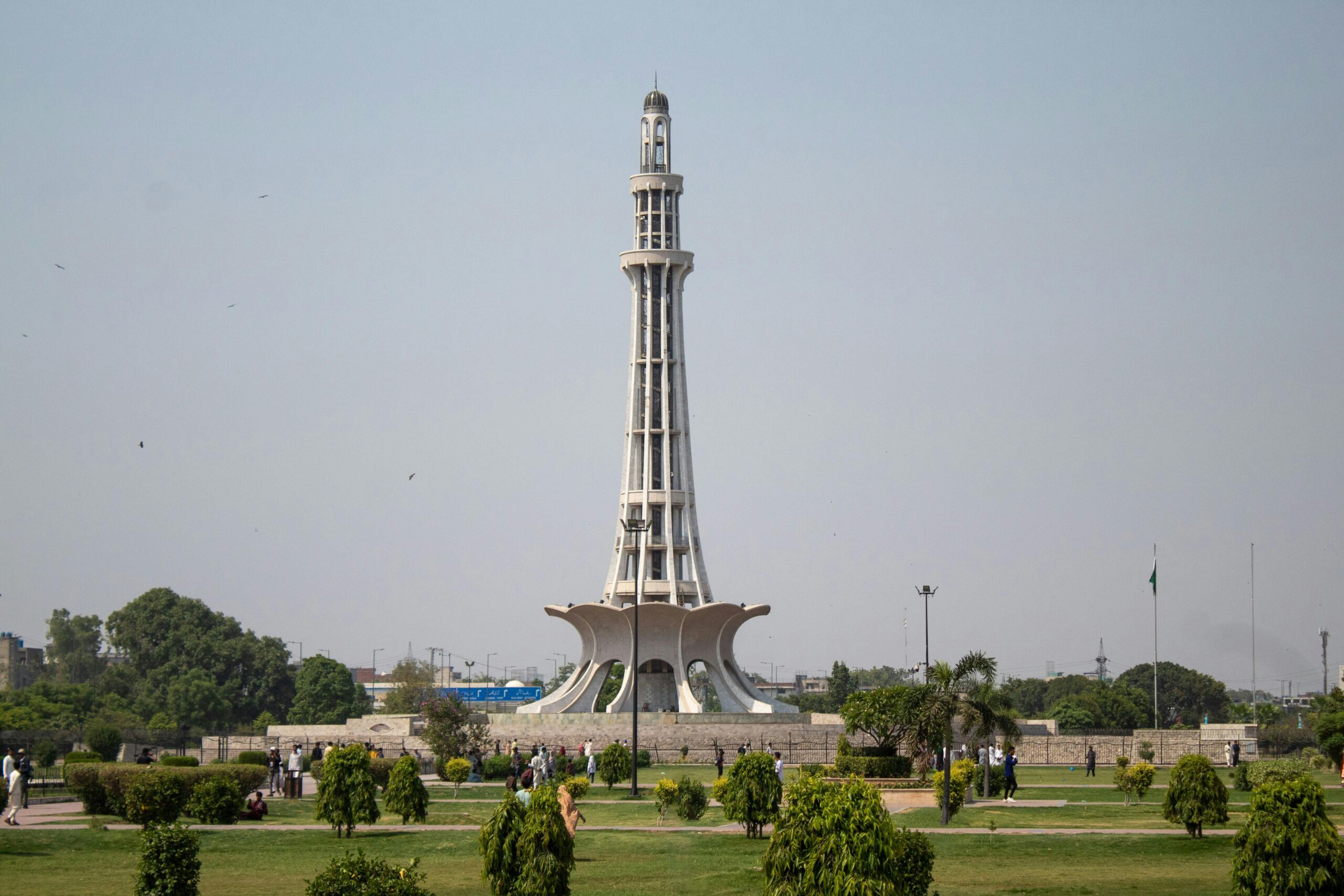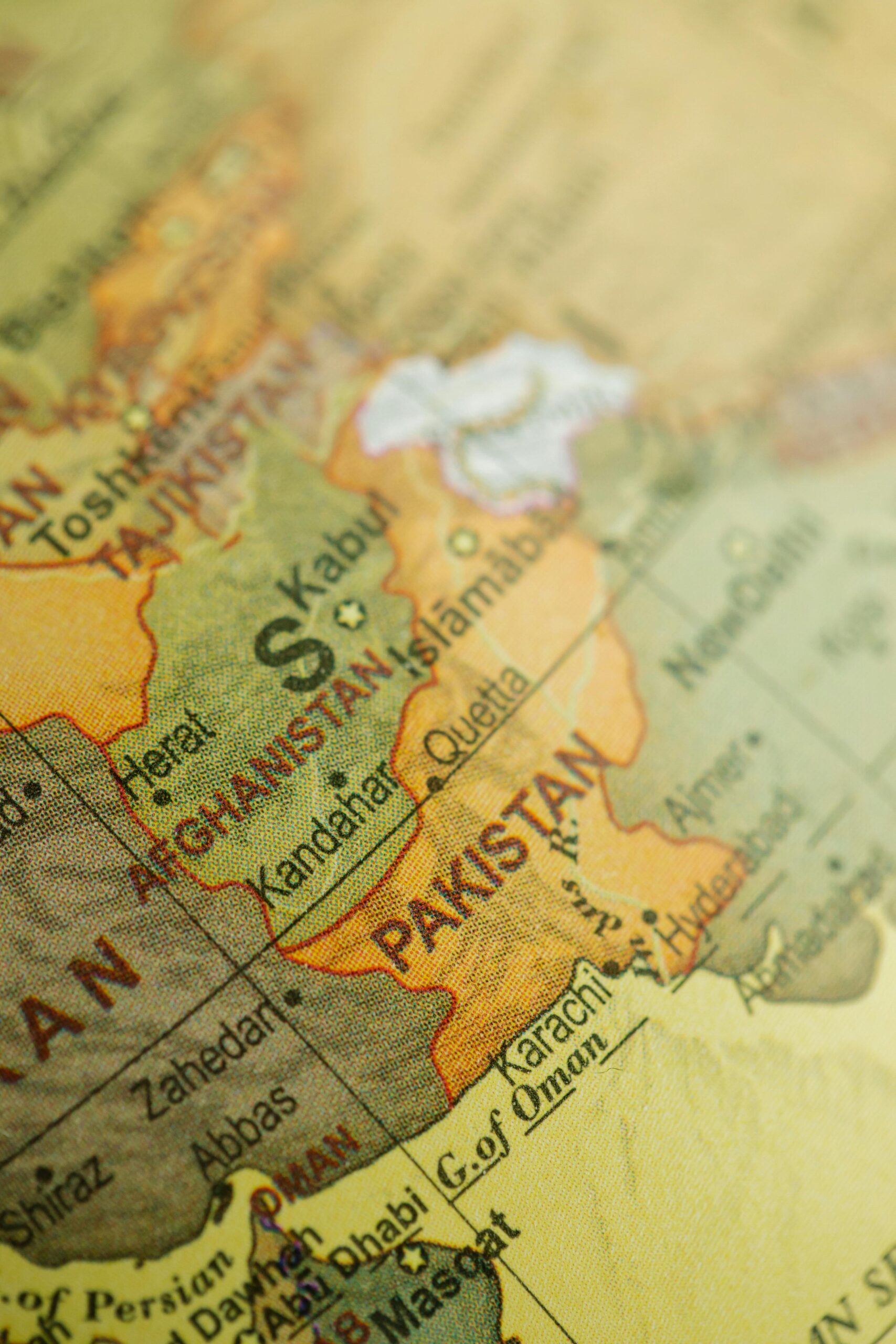Politics
Challenges and Changes: PTI’s Political Struggle Amid Leadership Convictions

The Pakistan Tehreek-e-Insaf (PTI), led by former Prime Minister Imran Khan, is facing a series of significant challenges. Despite winning 93 seats in the election, more than any other party, PTI finds itself in a complex situation with Khan imprisoned on multiple convictions. The party’s refusal to form a coalition with the major political parties PMLN and PPP, as Khan directed from jail, has isolated it politically. PTI has accused the election commission and interim government of electoral fraud, claiming it could have won as many as 180 seats without manipulation.
Adding to the party’s woes, several senior PTI leaders have resigned. Notably, Fawad Chaudhry, the senior vice president, and Asad Umar, the secretary general, stepped down from their positions, joining over two dozen other leaders who have left the party since Khan’s arrest. These departures have further weakened PTI’s internal structure and unity.
The PTI has also been hit by a wave of resignations, with key figures like Shireen Mazari leaving the party amid crackdowns following violent protests. Khan alleges that these departures are coerced, attributing them to pressure from external forces. Despite these challenges, PTI aides remain optimistic about the party’s appeal to the public and its prospects in future elections.
Recent legal and political developments, including court decisions allowing Khan one-on-one meetings with his lawyers and PTI’s strategic decisions regarding candidate nominations, highlight the ongoing political maneuvering within the party. PTI’s actions, such as boycotting elections for speaker positions and changing its candidate for the Punjab chief minister’s slot, reflect its current political strategy amidst a challenging landscape.
These developments suggest a tumultuous period for PTI, marked by internal strife, legal challenges, and a contentious relationship with other major political parties and the election commission. As PTI navigates these obstacles, the party’s ability to maintain cohesion and articulate a clear political strategy will be critical to its future success and influence within Pakistan’s political landscape.
Business
AI Frontiers: Meta and Google’s Divergent Paths to Innovation

Google and Meta are making significant advancements in the field of artificial intelligence (AI), each with its unique approach and innovations.
Meta has taken a notable step by releasing LLaMA 2, its latest large language model, as open-source, allowing anyone to use it for free. This move aims to spur innovation and give Meta an edge in the competitive AI landscape. LLaMA 2 is part of a suite of AI models offered by Meta, designed to facilitate the development of commercial products and AI-powered applications. Despite its openness, LLaMA 2 shares the common challenges of large language models, including the potential to produce biased or offensive content. Nonetheless, Meta’s approach emphasizes learning and improvement through widespread usage and feedback.
On the other side, Google has been expanding its AI capabilities through a series of new tools and partnerships, focusing on enterprise applications. The company introduced a new version of its AI chips and unveiled enterprise-scale tools for identifying AI-generated images, enhancing security, and improving its office suite. These developments are part of Google’s broader strategy to integrate AI into its cloud services, offering access to its own models as well as those from other companies like Meta’s LLaMa 2. Google’s approach targets providing AI solutions that cater to the needs of large businesses, emphasizing a methodical and strategic adoption of AI technologies.
Furthermore, Google continues to evolve its AI offerings with the introduction of Bard, an experimental conversational AI service powered by LaMDA. Bard aims to harness the breadth of the world’s knowledge, combined with the capabilities of Google’s large language models, to provide users with high-quality, insightful answers to their queries. This initiative reflects Google’s ongoing commitment to integrating AI into its products, improving the utility and accessibility of information for users worldwide.
These developments underscore the rapid pace of innovation in the AI sector, with Google and Meta each pushing the boundaries in their respective domains. While Meta focuses on democratizing access to powerful AI models, Google is enhancing its enterprise and consumer offerings with advanced AI technologies, indicating a vibrant and competitive landscape that promises to bring transformative changes across various industries and aspects of daily life.
Politics
Political Evolution: From Traditional Structures to Modern Governance

Politics is a vast field that encompasses governance, public policies, and the actions of political parties and individuals. It is integral to society as it shapes the laws, economy, and social structures. Political systems vary globally, ranging from democracies to authoritarian regimes, each with unique processes for decision-making and power distribution. Key issues in contemporary politics include human rights, environmental policies, economic management, and international relations. The interplay between political leaders, institutions, citizens, and media plays a crucial role in the functioning of political systems and the realization of public interest. For more detailed insights into the complex world of politics, visiting comprehensive resources or news platforms can provide a deeper understanding.
The political atmosphere in Pakistan is dynamic, characterized by intense rivalries between major parties such as the Pakistan Tehreek-e-Insaf (PTI), Pakistan Muslim League Nawaz (PML-N), and Pakistan Peoples Party (PPP). Recent developments have seen shifts in alliances, debates over governance, and discussions on key national issues like the economy, security, and foreign policy. Political campaigns and public discourse are gearing up for upcoming elections, highlighting the vibrant yet challenging nature of Pakistan’s democracy.
The political atmosphere in Pakistan is marked by its complexity and dynamic nature, reflecting the country’s diverse social fabric and historical legacies. The landscape is dominated by several key players, including the Pakistan Muslim League-Nawaz (PML-N), Pakistan Tehreek-e-Insaf (PTI), and Pakistan Peoples Party (PPP), among others. Recent times have seen heightened political activity, with issues such as governance, economic reform, and civil rights at the forefront of national discourse. Tensions between civilian administrations and the military, as well as between Pakistan and its neighbors, notably India, also significantly influence the political climate. Furthermore, internal challenges like economic instability, security concerns, and societal divisions contribute to the complex political narrative. The coming years promise to be pivotal, with electoral politics and the quest for democratic consolidation shaping the course of the nation’s future.
-

 Entertainment2 months ago
Entertainment2 months agoRedefining Elegance: The Rise of Pakistan’s Fashion Industry
-

 Tech2 months ago
Tech2 months agoThe Future of Bitcoin ETFs: How Close Are We to Regulatory Approval
-

 Business2 months ago
Business2 months agoMichael Saylor’s Bold Bitcoin Bet: A Look Back Three Years Later
-

 Cryptocurrwncy2 months ago
Cryptocurrwncy2 months agoEthereum’s Shanghai Upgrade: Unlocking a New Era of Staking and Scalability
-

 Business2 months ago
Business2 months agoMicrosoft’s AI Frontier: Transforming the Future of Work with Copilot Enhancements
-

 Business2 months ago
Business2 months agoCrackdown on Crypto: SEC’s Legal Battles with Coinbase and Binance
-

 Business2 months ago
Business2 months agoAI Frontiers: Meta and Google’s Divergent Paths to Innovation
-

 Sports2 months ago
Sports2 months agoWrestling’s Changing Guard: WWE’s Latest On-air Talent Shifts












